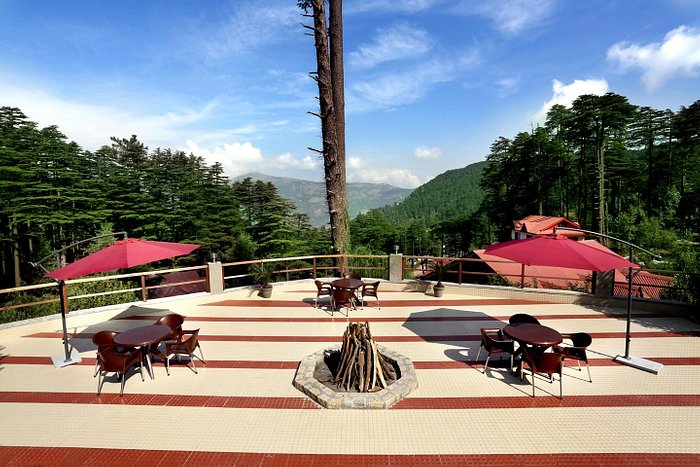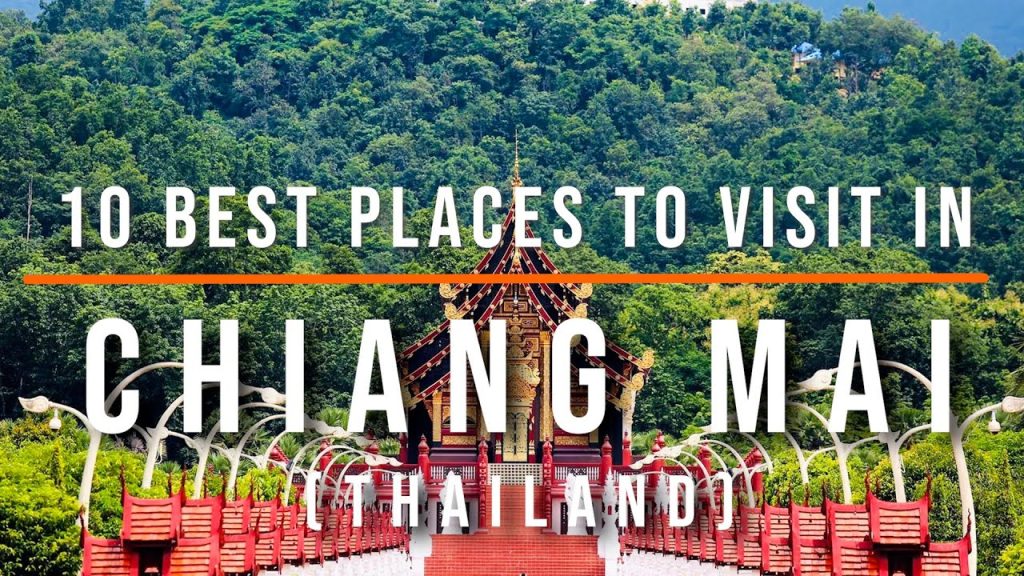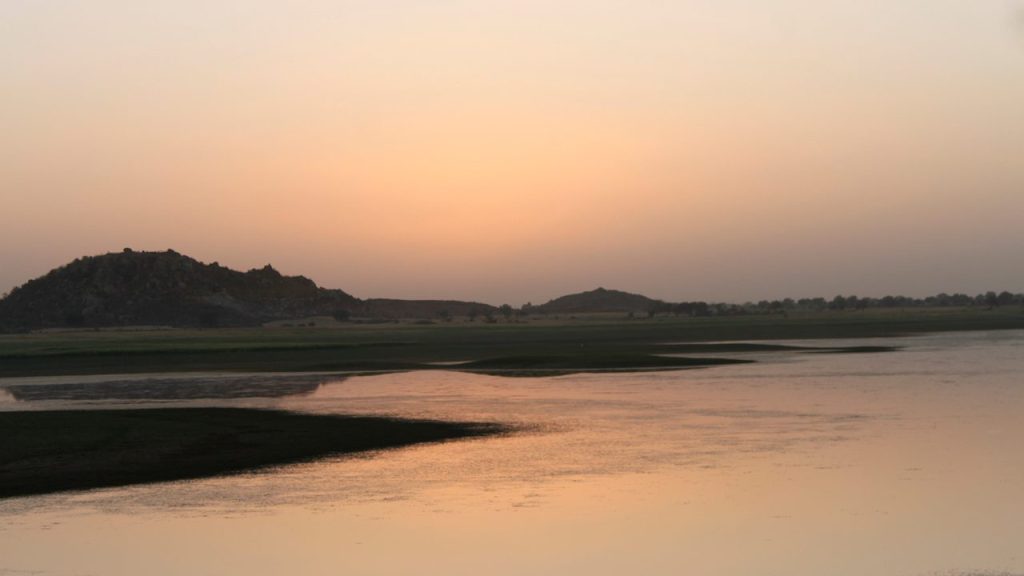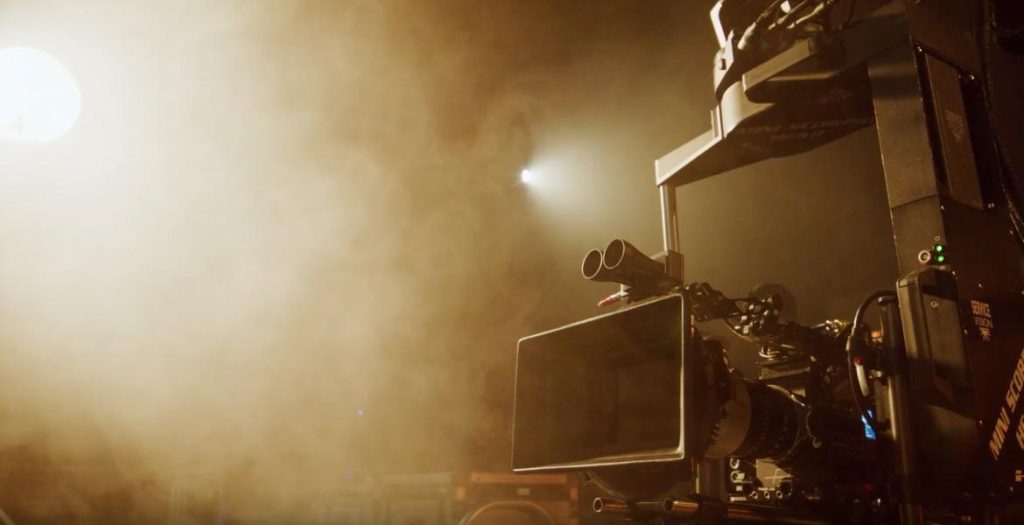Halda Festival celebrates the cultural heritage of the Halda River. It brings together communities in joy and tradition.
The Halda Festival is an annual event that shines a spotlight on the Halda River’s rich history and vibrant culture. Held in the Chattogram region of Bangladesh, this festival is a testament to the unique traditions and customs of the people living along the riverbanks.
It includes various activities like boat races, folk music, dance performances, and local cuisine. The festival not only provides entertainment but also raises awareness about the importance of the Halda River in sustaining local livelihoods and ecosystems. It’s a wonderful occasion for locals and visitors to immerse themselves in the beauty and heritage of this magnificent river.
Origins Of Halda Festival
The Halda Festival is a cherished celebration in many communities. Its origins are deeply rooted in history and culture. People gather to honor traditions and express their shared heritage. The festival’s story is both fascinating and meaningful.
Historical Background
The Halda Festival began centuries ago. It started as a way to mark significant events. Over time, it evolved with each generation. Local tales and legends shaped its growth. The festival became a symbol of unity and pride.
Cultural Significance
The Halda Festival is more than a celebration. It reflects the values and beliefs of the community. The festival includes music, dance, and food. These elements showcase the rich cultural tapestry. Each activity has a special meaning and purpose.
Families and friends come together. They share stories and create memories. The festival fosters a sense of belonging. It strengthens the bonds within the community.
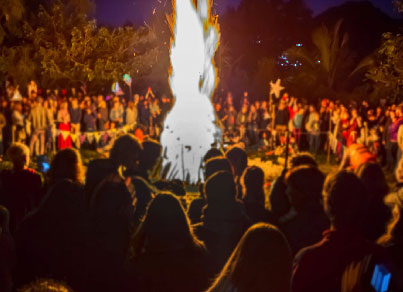
Credit: www.tourmyindia.com
Seasonal Timing
Seasonal Timing:
The Halda Festival is an enchanting celebration that takes place in the picturesque region surrounding the Halda River. Timing is everything when it comes to experiencing the festival at its peak. Understanding the seasonal nuances can make your visit unforgettable.
Best Time To Celebrate
To truly immerse yourself in the magic of the Halda Festival, aim to visit during the late spring. This is when the river’s unique environmental phenomena are in full swing. The river swarms with life, and local traditions come alive.
Late spring offers the perfect blend of vibrant aquatic activities and cultural events. You will witness the fascinating spawning of the river’s rare fish species, which is a key highlight of the festival. Imagine standing by the riverbanks, watching the water ripple with life—it’s a sight you won’t want to miss.
Additionally, the festival’s cultural performances, including traditional music and dance, are most lively during this period. The community comes together in full force, showcasing their rich heritage. If you’re planning to visit, ensure your trip aligns with this timeframe to capture the essence of the Halda Festival.
Weather Influences
Weather plays a crucial role in the Halda Festival. Late spring typically offers mild temperatures, making it comfortable for outdoor activities. You won’t have to worry about scorching heat or chilly winds disrupting your experience.
Rainfall is another factor to consider. The region can experience sporadic showers, which invigorate the river ecosystem but can also affect festival plans. Carrying a light raincoat or umbrella ensures you’re prepared for any unexpected downpours.
Interestingly, the weather directly impacts the river’s behavior. The mild and humid conditions during late spring create the perfect environment for fish spawning. This natural occurrence is central to the festival, and witnessing it in person is both educational and awe-inspiring.
Have you ever considered how weather can elevate or dampen a festival experience? Checking forecasts and packing accordingly can make a significant difference in your enjoyment of the Halda Festival. What’s your strategy for dealing with unpredictable weather during outdoor events?
Planning ahead and being mindful of seasonal timing can transform your visit to the Halda Festival into a cherished memory. Make the most of your trip by aligning it with the best season and being prepared for the weather. You’ll thank yourself later!
Traditional Activities
The Halda Festival is a vibrant celebration of culture and traditions. It features a range of traditional activities that draw both locals and visitors. These activities connect people to their roots and showcase the rich heritage of the community.
Cultural Performances
Cultural performances are a highlight of the Halda Festival. Talented artists perform folk dances that tell stories of history and folklore. The rhythmic beats of traditional drums fill the air. Singers perform songs passed down through generations. These performances keep the audience engaged and entertained. They are a testament to the community’s love for their culture.
Local Games
Local games bring a sense of joy and competition to the festival. Children and adults participate in a variety of traditional sports. These games include tug-of-war, sack races, and spinning tops. Each game has its own unique set of rules. They promote physical activity and teamwork. Playing these games reminds everyone of simpler times. It strengthens community bonds and creates lasting memories.
Nature’s Bounty
Halda Festival, a celebration of the river Halda, highlights the abundance nature offers us. This festival showcases the bountiful treasures that the river provides, from fish to fertile soil, which nurtures diverse crops. Let’s delve into how the local community practices sustainable methods to keep this natural wealth thriving.
Harvesting Practices
The harvesting practices at Halda are deeply rooted in tradition. Fishermen use age-old techniques passed down through generations. These methods ensure that the fish population remains stable. During the festival, you will see fishermen using traditional nets and boats, allowing you to witness how these practices are integrated into their daily lives.
I remember the time I joined a local fisherman at dawn. He taught me how to cast a net just right, a skill that takes years to master. His precise movements and deep respect for the river were evident. This experience made me appreciate the delicate balance they maintain.
Sustainable Methods
One key aspect of the Halda Festival is its focus on sustainability. The community employs various methods to ensure the river remains healthy and productive. These include:
- Controlled Fishing: Fishermen follow strict guidelines on when and where to fish, ensuring the fish population can regenerate.
- Organic Farming: Farmers avoid chemicals, using natural fertilizers to enhance soil quality and protect water sources.
- Community Clean-ups: Regular clean-up drives keep the river and its surroundings free from pollution.
These sustainable practices are essential in preserving the Halda River for future generations. They are not just techniques but a way of life for the people who depend on the river.
Have you ever wondered how your actions impact nature? The Halda Festival is a reminder that small, consistent efforts can lead to significant positive changes. By supporting local traditions and sustainable methods, you too can contribute to preserving nature’s bounty.
Next time you plan a visit to the Halda Festival, think about the practices that keep this ecosystem thriving. How can you incorporate some of these methods into your daily life?
Local Cuisine
The Halda Festival offers more than just vibrant celebrations and cultural showcases. The local cuisine is a highlight, offering visitors a taste of authentic flavors and traditional dishes. The festival is a food lover’s paradise, with many unique dishes to try.
Signature Dishes
Halda Festival’s signature dishes reflect the region’s rich culinary heritage. One must-try dish is the traditional fish curry. It combines fresh river fish with a blend of aromatic spices. The curry’s rich flavor comes from a mix of local herbs and spices, creating a unique taste experience.
Another popular dish is rice cake. Made from steamed rice, it’s often served with spicy chutney. The texture is soft and chewy, offering a delightful contrast to the spicy sauce.
Vegetable stew is another staple. Prepared with locally grown vegetables, the stew is both healthy and flavorful. It’s usually served with freshly baked bread, making for a hearty meal.
Food Preparation
Food preparation at the Halda Festival is a community affair. Local chefs and home cooks showcase their skills, using traditional methods. Fish curry is often cooked in large clay pots over an open flame. This method enhances the dish’s flavor, giving it a smoky undertone.
Rice cakes are steamed in banana leaves, imparting a subtle aroma. The process is time-consuming but worth the effort. The result is a delicacy that melts in your mouth.
For vegetable stew, cooks use fresh produce from local markets. The vegetables are diced and simmered slowly. This allows the flavors to meld perfectly. The stew is a comforting dish, rich in nutrients and taste.
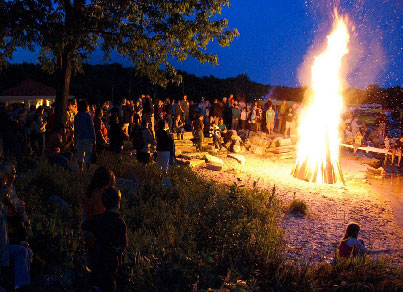
Credit: www.tourmyindia.com
Community Involvement
The Halda Festival is a vibrant celebration deeply rooted in community involvement. It’s a time when every member of the community comes together to celebrate traditions and culture. The festival highlights the importance of unity and collective participation.
Role Of Elders
Elders play a crucial role in the Halda Festival. They share stories and traditions passed down through generations. Their wisdom guides the younger generation, ensuring cultural continuity. Elders also lead many of the festival’s rituals and ceremonies. Their presence is a source of pride and respect for the community.
Youth Participation
Youth participation is vital to the success of the Halda Festival. Young people bring energy and new ideas to the celebrations. They actively engage in organizing events and activities. The festival offers them a chance to learn about their heritage. They also get to showcase their talents in music, dance, and art. This involvement helps strengthen their connection to their roots.
Environmental Impact
Halda Festival celebrates the river’s biodiversity and heritage. The gathering educates locals about protecting the environment. This event helps raise awareness about conserving the Halda River.
The Halda Festival is not just a cultural celebration; it has a significant environmental impact too. This aspect of the festival is crucial because it highlights the balance between human activities and nature. By understanding its environmental impact, you can appreciate how the festival contributes to conservation and sustainability. Let’s delve into how the Halda Festival promotes environmental awareness and action.Conservation Efforts
Conservation is at the heart of the Halda Festival. The festival is held on the banks of the Halda River, which is home to the unique Halda carp fish. These fish are crucial for the local ecosystem. During the festival, various activities focus on protecting this endangered species. Local volunteers organize river clean-ups to remove plastic and other pollutants. Educational workshops are held to teach children and adults about the importance of the Halda carp. Conservationists conduct seminars to discuss ongoing projects and future plans. These efforts are not just for show. They lead to real change, like increased fish populations and cleaner waterways. Have you ever thought about how your actions during a festival can impact the local environment? The Halda Festival shows that festivals can be both fun and eco-friendly.Eco-friendly Practices
The Halda Festival is also a model for eco-friendly practices. Organizers take several steps to minimize the environmental footprint of the event. Reusable Materials: Decorations and utensils are made from reusable or biodegradable materials. Waste Management: There are designated areas for waste segregation and recycling. Sustainable Transportation: Shuttle services are provided to reduce the number of vehicles and cut down on emissions. During my visit to the Halda Festival, I was amazed by how clean and green the venue was. There were multiple bins for different types of waste, and volunteers were always ready to help you sort your trash correctly. This made me think about how we often overlook waste management at large gatherings. By implementing these practices, the festival not only reduces its own environmental impact but also sets a benchmark for other events. What if every festival you attended was as committed to eco-friendliness as the Halda Festival? Imagine the positive change we could bring to our planet. Incorporating these conservation efforts and eco-friendly practices, the Halda Festival is a shining example of how cultural events can be harmonious with nature. By participating, you are not just celebrating, you are contributing to a larger cause. Next time you attend, remember the impact you can make.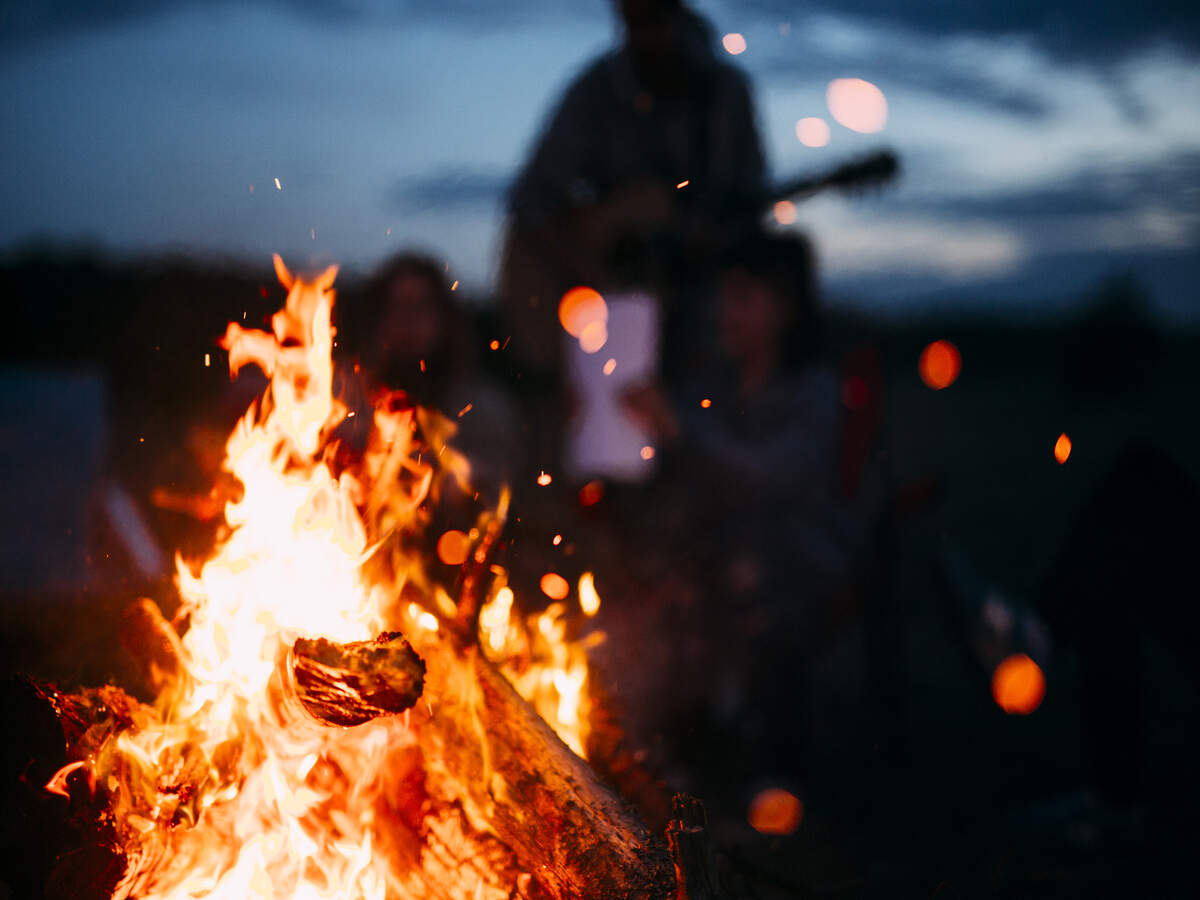
Credit: timesofindia.indiatimes.com
Future Of Halda Festival
Halda Festival promises a bright future filled with cultural celebrations and vibrant traditions. Expect more engaging activities and wider participation. This unique festival continues to attract visitors and locals alike.
The Halda Festival, a vibrant celebration of culture and tradition, faces a dynamic future. Its preservation and evolution hinge on addressing challenges and embracing modern changes. This section explores the path forward for this cherished festival.Challenges Ahead
The Halda Festival encounters several challenges. Environmental concerns threaten the river’s health. Pollution can disrupt the spawning of fish, a key aspect of the festival. Climate change also poses risks with unpredictable weather patterns. Economic factors add to the complexity. Ensuring funding for the festival’s activities is crucial. Local communities rely on it for their livelihood. Without proper support, the festival’s continuity is at risk. Social changes present another challenge. Younger generations may lose interest in traditional celebrations. Digital distractions and modern lifestyles can divert their attention. Preserving the festival’s relevance to younger audiences is essential.Modern Adaptations
Adapting to modern times is vital. Incorporating technology can enhance the festival experience. Live streaming events can reach a global audience. Social media campaigns can engage younger participants. Eco-friendly practices can address environmental concerns. Promoting sustainable activities can protect the river. Educating the community on conservation helps preserve the natural habitat. Collaborations with local and international artists can add fresh perspectives. New performances and exhibits can attract diverse audiences. This blend of tradition and innovation can sustain the festival’s appeal. In conclusion, the future of Halda Festival depends on proactive measures. Addressing challenges and embracing modern adaptations will ensure its longevity and relevance for generations to come.Frequently Asked Questions
What Is Halda Festival?
Halda festival is a traditional Swedish celebration. It marks the end of the harvest season. People gather to enjoy folk music, dancing, and feasting. This event fosters community spirit and cultural heritage.
What Is Himachal Pradesh’s Famous Festival?
Himachal Pradesh’s famous festival is Kullu Dussehra. It celebrates Lord Raghunath’s worship with grand processions, music, and dance. This vibrant festival attracts tourists worldwide.
What Is The Himachal God Festival?
Himachal God festival celebrates local deities in Himachal Pradesh. It includes rituals, music, dance, and traditional attire. This vibrant festival showcases regional culture and heritage.
What Is The Pori Festival In Himachal Pradesh?
Pori Festival in Himachal Pradesh is a traditional celebration held in the Lahaul-Spiti region. It involves rituals, prayers, and local dances. The festival honors local deities and showcases Himachali culture.
Conclusion
The Halda Festival offers a unique cultural experience. It brings communities together. The blend of traditions and festivities is captivating. Local crafts and foods add to its charm. Every visitor leaves with unforgettable memories. The festival showcases the rich heritage of the region.
It’s a celebration not to be missed. Plan your visit to the Halda Festival. Enjoy the vibrant atmosphere and warm hospitality. Discover the beauty of this cultural event. Make lasting connections and enjoy every moment.
{ “@context”: “https://schema.org”, “@type”: “FAQPage”, “mainEntity”: [ { “@type”: “Question”, “name”: “What is Halda festival?”, “acceptedAnswer”: { “@type”: “Answer”, “text”: “Halda festival is a traditional Swedish celebration. It marks the end of the harvest season. People gather to enjoy folk music, dancing, and feasting. This event fosters community spirit and cultural heritage.” } } , { “@type”: “Question”, “name”: “What is Himachal Pradesh’s famous festival?”, “acceptedAnswer”: { “@type”: “Answer”, “text”: “Himachal Pradesh’s famous festival is Kullu Dussehra. It celebrates Lord Raghunath’s worship with grand processions, music, and dance. This vibrant festival attracts tourists worldwide.” } } , { “@type”: “Question”, “name”: “What is the Himachal God festival?”, “acceptedAnswer”: { “@type”: “Answer”, “text”: “Himachal God festival celebrates local deities in Himachal Pradesh. It includes rituals, music, dance, and traditional attire. This vibrant festival showcases regional culture and heritage.” } } , { “@type”: “Question”, “name”: “What is the pori festival in Himachal Pradesh?”, “acceptedAnswer”: { “@type”: “Answer”, “text”: “Pori Festival in Himachal Pradesh is a traditional celebration held in the Lahaul-Spiti region. It involves rituals, prayers, and local dances. The festival honors local deities and showcases Himachali culture.” } } ] }
